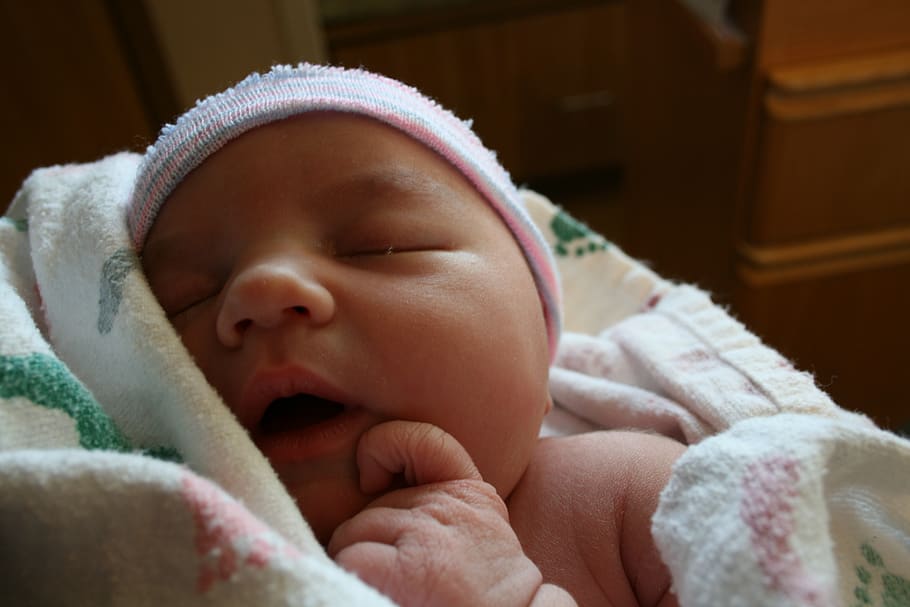What Does it Take to Be Human? On the Genetic Modifications of Embryos
Why Don’t the Priests Blow the Whistle?
August 7, 2018
If You Love Me, Keep My Commandments
August 7, 2018
By Bob Kurland, Catholic Stand, August 7, AD2018
I did not know yet how far they were from the human heritage I ascribed to them.
—H.G. Welles, The Island of Dr. Moreau
INTRODUCTION
Some time ago I read in my favorite source of science news, the Drudge Report, this headline from the Sunday Express:
“Human-pig HYBRID? Scientists hoping to create part man, part pig organs”
 What a host of ethical questions this raises! How many animal parts can a person have and still be human? How many human parts can an animal have and not be human? I’ll address these questions, but I won’t attempt to answer them completely
What a host of ethical questions this raises! How many animal parts can a person have and still be human? How many human parts can an animal have and not be human? I’ll address these questions, but I won’t attempt to answer them completely
THE CHURCH ON GENETIC MODIFICATION
The Church has set its position on therapeutic genetic modification very clearly. See this post, Designer Babies via CRISPR / Cas9. Genetic modification is permissible if it is done to cure a specific malfunction or disease. The quote below from the Charter for Health Care Workers, Pontifical Council for Pastoral Assistance says it all:
“No social or scientific usefulness and no ideological purpose could ever justify an intervention on the human genome unless it be therapeutic, that is its finality must be the natural development of the human being.”
And what should a faithful Catholic say about intervention on an animal genome? Where to draw the line? Is growing a human organ in an animal, by whatever means, ethically permissible? Or the converse, putting an animal organ into a human?
ABOUT CHIMERAS
Hybrids between different animal species are termed “chimeras”, from the ancient Greek legend of Bellerophon and the Chimera, a fire-breathing three-headed monster. Reading a less sensational account in the National Geographic of the hybridization attempt of the Salk Institute scientists, I found that they were not attempting to make a “pig-man” or “man-pig”, but to grow human organs for transplantation in the host pig.
The results were not entirely successful, since the embryos into which the human stem cells were injected did not survive to adulthood. It seems likely that pigs and humans are not sufficiently similar genetically for such efforts to be successful. Similar experiments transplanting rat organs into mice have worked, however. It should also be noted that this type of experiment, growing a chimera, is ineligible for public funding, so the government has taken an implicit ethical stance on such research.
ON THE ETHICS OF MAKING CHIMERAS
Is research into making chimeras, even for benefits such as growing transplantable human organs, the first step on a slippery slope? I’m not sure. On the one hand, I recall St. Thomas Aquinas definition of the human soul as the form of the body. Certainly you couldn’t say that a human liver, by itself, or a human pancreas, (or a human brain?) would have a soul, if you agreed to that definition. And the Church does allow genetic modification for purely therapeutic purposes.
On the other hand, once you start to make a hybrid will you end up, like Dr. Moreau (see the quote above), creating animals that are attempting to be human?
I’m still thinking about these questions. What’s your answer?
_________________________________
About the Author: Bob Kurland
Retired, cranky, old physicist. Convert to Catholicism in 1995. Trying to show that there is no contradiction between what science tells us about the world and our Catholic faith. Intermittent blogs at Rational Catholic and adult education classes here to achieve this end. Extraordinary Minister of Communion volunteer to federal prison and hospital; lector, EOMC. Sometime player of bass clarinet, alto clarinet, clarinet, bass, tenor bowed psaltery for parish instrumental group and local folk group. And, finally, my motivation: “It is also necessary—may God grant it!—that in providing others with books to read I myself should make progress, and that in trying to answer their questions I myself should find what I am seeking. Therefore at the command of God our Lord and with his help, I have undertaken not so much to discourse with authority on matters known to me as to know them better by discoursing devoutly of them.” St. Augustine of Hippo, The Trinity I,8.




